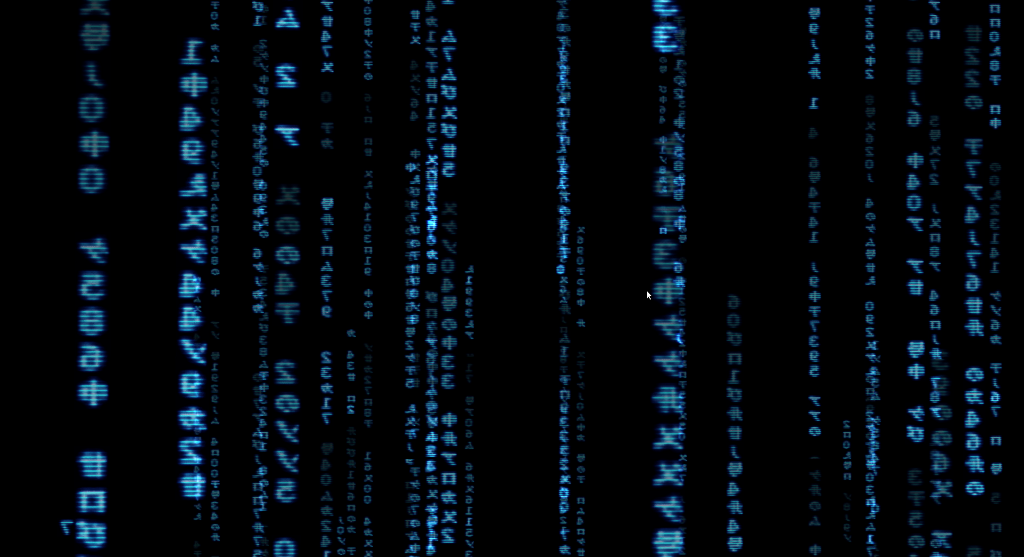
I also do not know enough to say its "safe" to update to the newest program in the way I did, so caveat emptor. I kept seeing people say "build from source" or "here's a binary", unfortunately I don't know the difference. It took me many searches, and I now have a method to install the latest version (as of now 5.34) that seems to work.


#Xscreensaver install how to
I wanted to get rid of the popup, but I wasn't sure how to do it since this isn't Windows. In order to get rid of the popup, you need to update to a more recent version of his program. So the version on the list is older than that checker, and thus, the pop up. The author of xscreensaver prefers you to always use the most updated version, so he put a check in his code that sees if your version is more than, say, a year old. Xscreensaver keeps getting updated by the author, but the newer versions are not automatically updated on that list until the next OS release. In order to get the OS out on a regular basis, they test only a certain number of programs and updates, finalize a list, and that's "the" list your OS will check against when looking for a program. The OS you are running has a repository of programs that are accessible to it (when you use apt-get, this is the list it checks against). I am not going to get into the politics of why this happens, but if you are a beginner like me, this is the TL DR version :

If you use apt-get xscreensaver though you will get the warning "This version is OLD!" whenever you run it. Looking it up, the one most commonly recommended is xscreensaver which, in addition to its basic functionality, can make addressing monitor power-save features nice and easy. I have 3 Pi Zeros, a Pi B, and a Pi 3, and am just now finally getting into more than just running a small desktop.įor one of my projects I needed a screensaver. I understand some basics, like updating my Pi when I first install Raspbian, how to get a couple other programs, and how to look up "how to's" using the world of Google. So first off, I have no real knowledge of Linux.


 0 kommentar(er)
0 kommentar(er)
